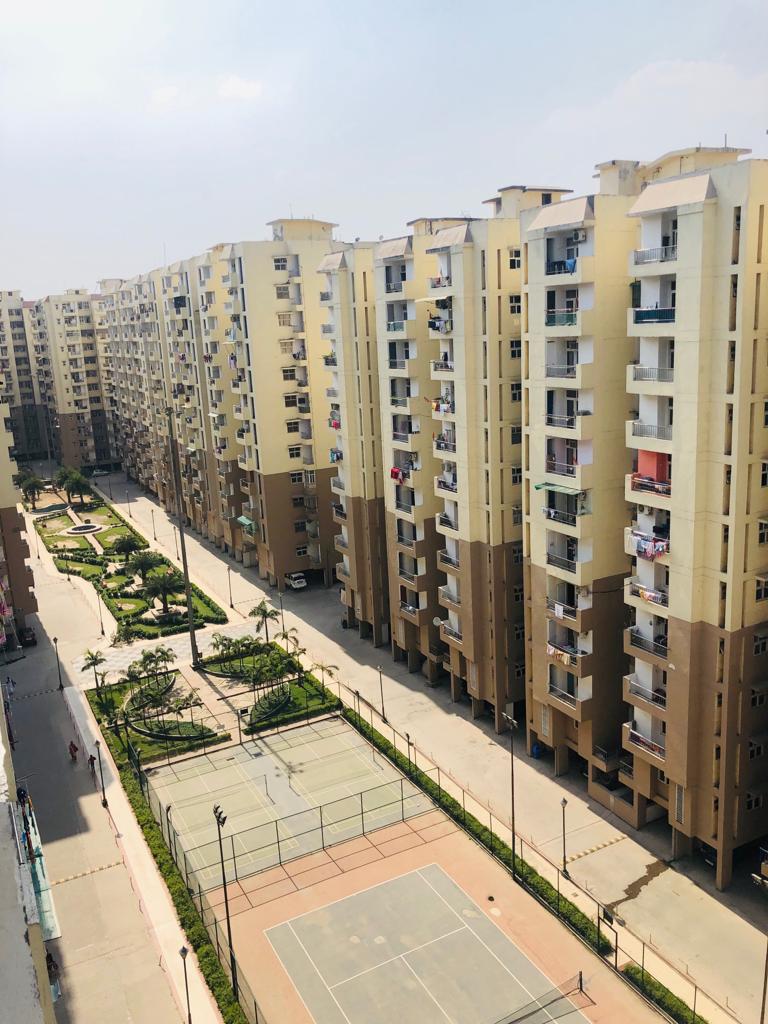Table of Contents
ToggleIntroduction
Managing rental properties efficiently is crucial for maximizing income and maintaining property value. Here’s how effective rental property management can benefit landlords and enhance tenant satisfaction:
-
Tenant Screening and Selection
Proper tenant screening ensures you choose reliable and responsible renters. This includes background checks, credit history reviews, and verifying employment. Thorough screening reduces the risk of late payments and property damage. -
Maintenance and Repairs
Promptly addressing maintenance requests keeps properties in good condition and tenants satisfied. Regular inspections and proactive repairs prevent minor issues from becoming costly problems. -
Rent Collection and Financial Management
Efficient rent collection processes, including online payment options, streamline operations. Accurate financial tracking and reporting help in budgeting and managing expenses, ensuring profitability. -
Legal Compliance
Adhering to local, state, and federal regulations is essential to avoid legal issues. This includes understanding fair housing laws, lease agreements, and eviction procedures. -
Effective Communication
Maintaining open lines of communication with tenants fosters good relationships and resolves issues quickly. Clear communication helps in managing expectations and addressing concerns efficiently. -
Marketing and Vacancy Management
Strategically marketing rental properties and managing vacancies reduce downtime and loss of rental income. Utilize online listings, social media, and local advertising to attract potential tenants.
Conclusion
Effective rental property management involves comprehensive tenant care, proactive maintenance, and meticulous financial oversight. By implementing these best practices, landlords can ensure their properties remain profitable and well-maintained.





